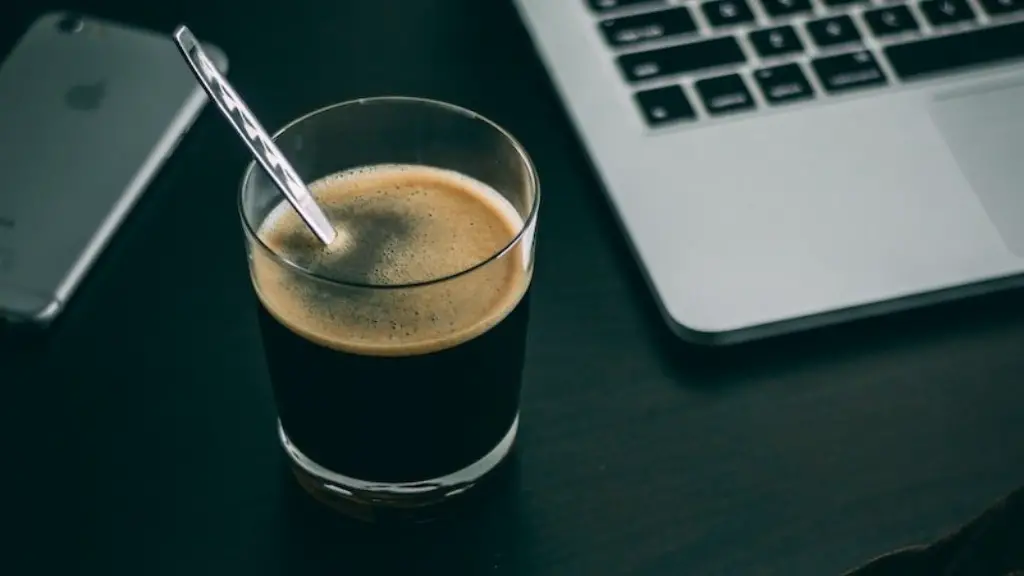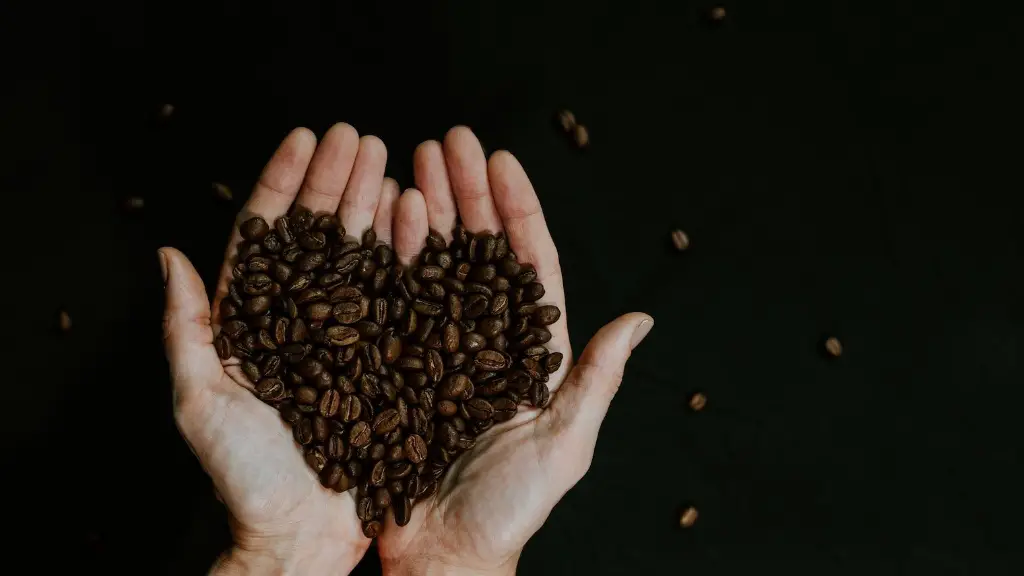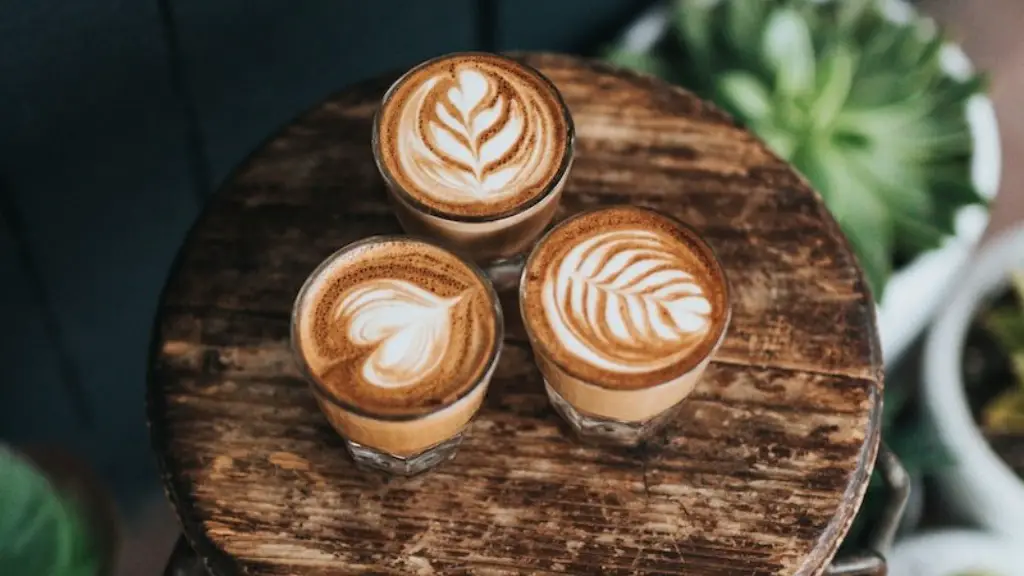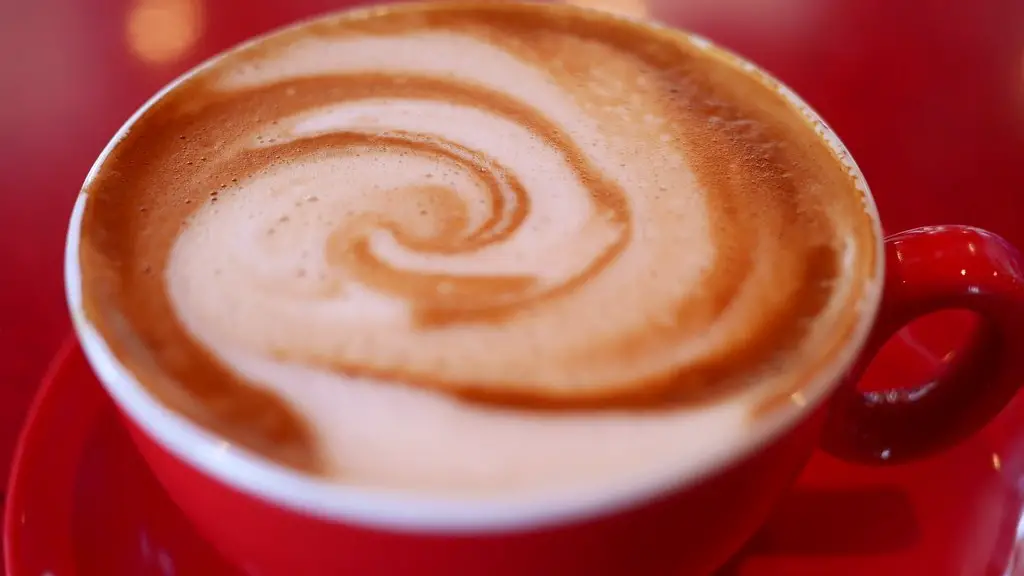Going for a colonoscopy can be a daunting process, as doctors use an endoscope to peek inside a person’s colon in order to evaluate it. After the procedure, a person may feel rather thirsty, since it involves drinking a lot of liquids in order to clean out the colon. It is therefore natural to wonder whether one can drink something such as coffee afterwards.
Experts recommend not drinking coffee after a colonoscopy. Coffee has a strong laxative effect on the digestive system, which can be too intense for someone who has just had a colonoscopy. According to certified nutrition and health coach Brigitte Zeitlin, “Coffee increases peristalsis [muscle contractions] in the intestines, which could mean that you are left with cramping and even diarrhoea”. This can be uncomfortable and could even disrupt the healing process.
Experts thus advise to wait at least a few hours after the procedure before consuming coffee. This period of waiting is necessary to allow the intestinal tract to recover, since having the endoscope inside the colon can be disorienting to its natural movements.
Coffee can also lead to dehydration. After the procedure, it is important to keep the body hydrated, in order to aid with the recovery. Since coffee acts as a diuretic, it could lead to further dehydration, which can be harmful. Thus, as long as a few hours has already passed after the colonoscopy, people should replace coffee with other hydrating options such as water, herbal tea, or juice.
Jane Chaeyoung Park, a specialist in Gastrointestinal Surgery at Brigham and Women’s Hospital, recommends that people should not “use anything containing caffeine or an alcohol base, as the colon has a chance to heal from the recent procedure”. She adds that this is especially important for those who have taken certain medications prior to the colonoscopy, as “these medications can also increase abdominal discomfort and dehydration if consumed in large amounts soon after the procedure”.
Even though coffee is usually considered a natural stimulant, it is best to avoid drinking it after a colonoscopy. This is because coffee will irritate the digestive tract, since it increases peristalsis, which can be uncomfortable. It is also wise to avoid alcohol and caffeine containing beverages, since they contain diuretics which can lead to dehydration. It is thus recommended to wait at least a few hours post colonoscopy before drinking coffee, and instead to consume other hydrating options, in order to allow the colon to heal.
Effects of Coffee on the Digestive System
There is a consistent relationship between coffee consumption and disturbances in the digestive system. Consuming coffee can cause increased levels of gastric acid, which has in turn been linked to digestive symptoms such as indigestion, heartburn, nausea, and vomiting. Studies have also shown that this phenomenon is more acute in those who are prone to digestive issues. The consumption of caffeinated beverages can also worsen symptoms of irritable bowel syndrome, by increasing the intensity of abdominal pain.
Moreover, the presence of methylpyridinium, a by-product of the production of decaffeinated coffee, has been linked to increased risk of contracting colorectal cancer. This is because methylpyridinium is an irritant to the digestive system, especially when it accumulates over time, and can therefore aggravate symptoms of irritable bowel syndrome. In addition to this, its compounds can also trigger inflammatory responses within the digestive tract, which can make existing conditions like Crohn’s disease or ulcerative colitis worse.
For some, coffee may lead to constipation or diarrhoea. People react differently to coffee – while some can drink moderate amounts without feeling any side effects, others may find that coffee leads to digestive disturbances. This is because coffee is a diuretic, meaning it increases the production of urine and can therefore cause dehydration, resulting in constipation. On the other hand, the presence of acids in coffee can lead to increased peristalsis, which can lead to diarrhoea.
Dietary Tips Post-Colonoscopy
Even after waiting a few hours post-colonoscopy, a person may still feel disoriented as the procedure can take some time for the body to recover from. It is therefore important to consume light, nutritious meals that are easy to digest in order to aid in the recovery process. This generally means small portions of vegetables, legumes and lean proteins, alongside plenty of fluids. Consuming foods that are rich in fibre, such as whole grains, is also beneficial in aiding recovery.
In addition to this, it is also beneficial to cut out processed and sugary foods from the diet, as these are generally more difficult to digest. Coffee should also be cut out for a period of time, as the acidic compounds present in coffee can be hard on the digestive system. For those who enjoy coffee, experts recommend having a cup of coffee no earlier than 24 hours post-colonoscopy.
In order to aid the recovery process, it is beneficial to maintain a healthy lifestyle. In other words, it is important to practice good eating habits and to try to get adequate sleep and exercise. Exercise can help to stimulate digestion, which can help the body to recover. Maintaining a good sleep schedule can also be beneficial, as it can help to keep the immune system functioning at its best.
Risks of Delaying a Colonoscopy
A colonoscopy is an important procedure, as it can detect signs of colorectal cancer before it becomes a serious health concern. Regular screenings are recommended for those over the age of 50, or those with a family history of colorectal cancer. Delaying the procedure can have dangerous consequences, as colorectal cancer is linked to 9% of cancer-related deaths.
In addition to colorectal cancer, regular screenings can also detect changes in the colon which can indicate a range of other medical issues. Detecting any of these medical conditions early on can be crucial in preventing more serious issues down the line, which is why it is important to stay up-to-date with regularly scheduled screenings.
It is important to follow the guidelines set out by doctors when planning a colonoscopy. A person’s doctor is best placed to advise on timing, as well as on dietary changes that will be beneficial to follow prior to the procedure. By keeping up with regular screenings, and following medical advice, a person can ensure that they stay as healthy as possible.
Coffee Consumption During Recovery
It is generally not recommended to consume coffee immediately after a colonoscopy as it can cause digestive problems and interfere with the healing process. Instead, it is advisable for people to wait at least a few hours, and to replace coffee with other hydrating options such as herbal teas or water. Dr. Park recommends that people should not “consume any caffeine or alcoholic beverages for several hours” post-procedure, as this can prevent the digestive system from healing.
It is important to listen to the body during recovery, as everyone reacts differently to coffee. Some people may find that they can drink it in moderate amounts a few hours after the procedure, while others may need to wait a little longer. It is also beneficial to avoid drinks with caffeine or alcohol bases, as these can cause dehydration and abdominal discomfort.
When recovering after a colonoscopy, it is beneficial to practice a healthy lifestyle. This generally means eating small portions of nutritious food, getting adequate sleep, and exercising regularly. Following medical advice, as well as cutting out coffee and other caffeinated drinks, can also be beneficial in aiding recovery. By taking these steps, people can ensure that they stay as healthy as possible.




